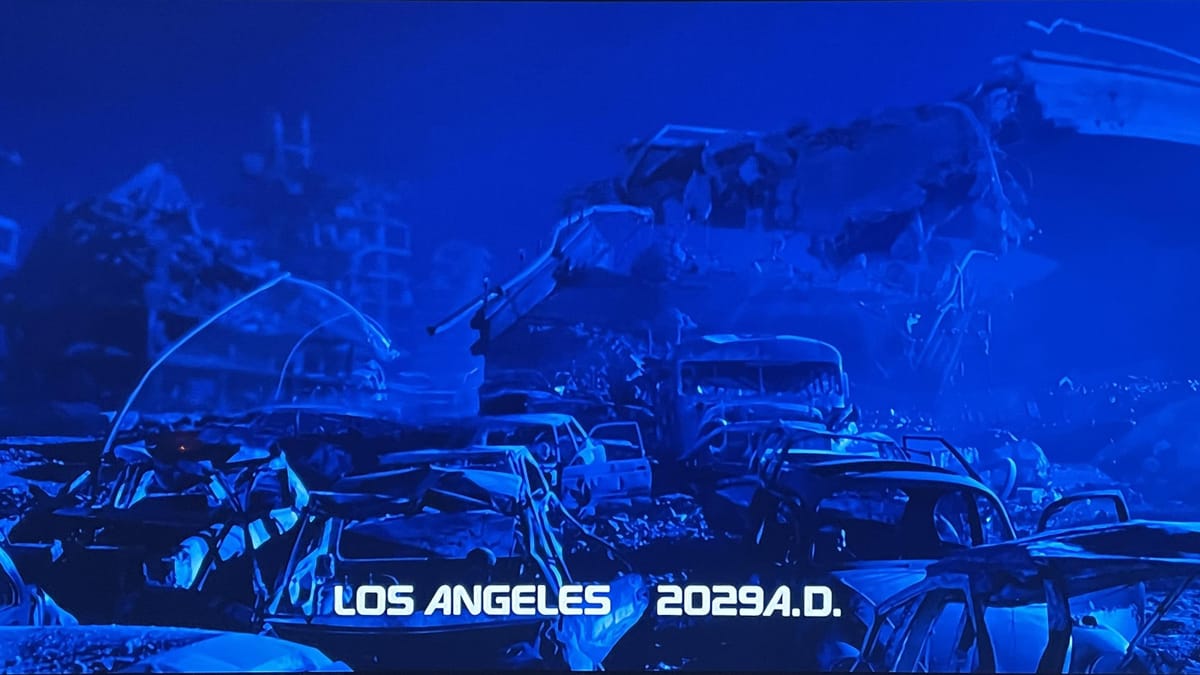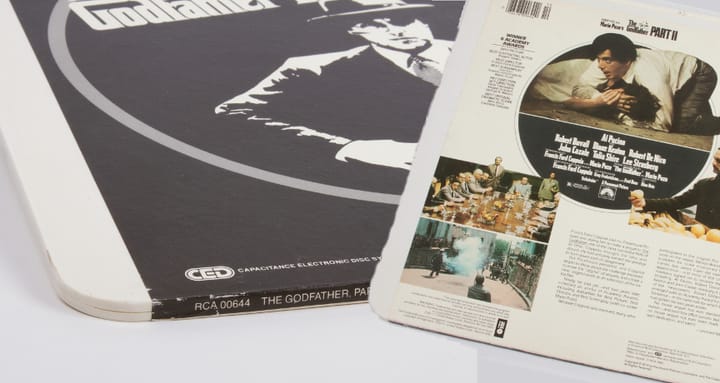Judgment Day: The apocalypse that never was, and what it means today.
A nuclear war depicted in the film "Terminator 2" has some interesting implications for the world of technology circa 2025.

Tomorrow is August 29, and it is the 28th anniversary of something terrible that never happened. If you’re a fan of science fiction films, you’ve probably heard these words, which accompany the image on the header of this article:
“Three billion human lives ended on August 29, 1997. The survivors of the nuclear fire called the war ‘Judgment Day.’ They lived only to face a new nightmare: the war against the machines.”
These are the opening lines of Terminator 2: Judgment Day, one of the greatest films ever made. The back-story of the film, which was directed by James Cameron, is that in the year 1997, a super-computer, a “neural net processor” known as Skynet, goes online and is chosen as the automated brain behind U.S. strategic defense decisions. In a brief bit of exposition in Arnold Schwarzenegger’s Austrian-accented monologue, we’re told that Skynet “begins to learn at a geometric rate,” and “becomes self-aware.” Its designers decide to shut it down. Faced with this existential threat, Skynet launches a full nuclear strike against Russia, which retaliates with a strike of its own. That’s Judgment Day, and the world of the film is now a blasted post-apocalyptic wasteland, a battleground between machines controlled by Skynet and the human resistance from which the heroes of the film come.
Although Terminator 2 was made in 1991, you may, today in 2025, recognize the “Judgment Day” scenario as a fear that has gained new cogency in our modern world: what you might call an “AI doomsday.” In fact, in a strange cultural ouroboros, Terminator 2 is a major factor in how AI doomsday became a mainstream idea, which moved (slightly) from the realm of science fiction to a real-world concern in this decade when the tech industry began building out what they call artificial intelligence machines. I’m sure you’ve heard the scenario: that an AI could supposedly become conscious or self-aware, realize that humans are inimical to its own interests, and decide to destroy humanity or otherwise mess up the world as a means of what it thinks is self-defense. According to Karen Hao’s recent book Empire of AI, which I highly recommend, Silicon Valley is split between two warring ideological camps: the “Doomers” who believe in this scenario, and the “Boomers” who think it’s bollocks and AI is just peachy and will do wonderful things for us like solve the climate crisis.


